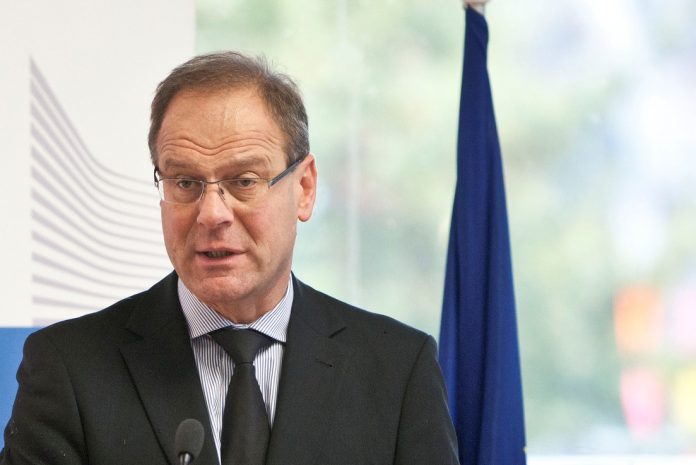The European Commission on June 11 proposed a new programme for the European Solidarity Corps beyond 2020, with €1.26bn to broaden the opportunities it offers.
According to a European Commission press release, the new programme will allow at least 350,000 young Europeans to support communities in need between 2021 and 2027 through volunteering, traineeships and job placements.
“Solidarity is one of the key values in the European Union, and the success of the European Solidarity Corps shows that there’s a high demand of young people to participate in solidarity activities,” said Commissioner for Budget and Human Resources, Günther H. Oettinger. “That’s why we have significantly increased the financial means for the European Solidarity Corps in the next EU budget.”
In turn, Tibor Navracsics, Commissioner for Education, Culture, Youth and Sport, said the proposal confirms the Commission’s commitment to strengthening solidarity and empowering young people.
“We are putting everything in place to enable the European Solidarity Corps to grow into a broad community of people and organisations ready to support those in need across our continent and beyond, helping to build resilient, cohesive societies,” he said. “Young people, in turn, will gain skills, new friendships, and a strong sense of what it feels like to be European.”
According to Commissioner for Employment, Social Affairs, Skills and Labour Mobility, Marianne Thyssen, the proposal provides for “a more inclusive and flexible approach and ultimately a greater freedom of choice for participants, whether they’d like to go on a voluntary or professional placement”.
In particular, the Commission’s proposal calls for volunteering activities in support of humanitarian aid operations in non-EU countries. It is also slated to include additional funding or dedicated activities of shorter duration or within one’s own country, for example, to make it easier for disadvantaged young people to take part in the European Solidarity Corps.

